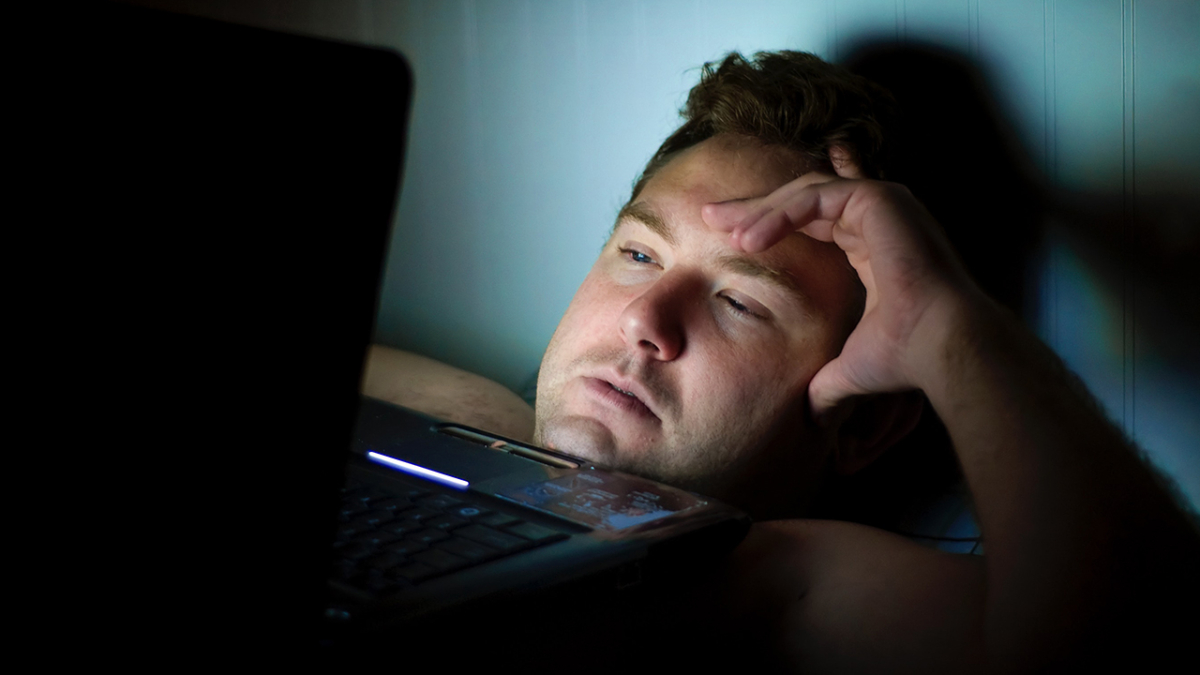If you regularly experience anxiety, you may have researched ways to relieve your symptoms and come across a coping mechanism known as the “333 rule.” But how does it work? The next time you’re feeling anxious, try:
- Naming three things you see
- Naming three sounds you hear
- Moving three body parts
How Does the 333 Rule Reduce Anxiety?
Although the 333 rule doesn’t work in every situation, many therapists recommend it to patients living with anxiety because it helps to ground them. By concentrating on sights, sounds, and movements, patients can stop fixating on their worries and instead focus on the present moment. One of the benefits of the 333 rule is that it doesn’t require someone to be in a certain place or have access to a certain object—instead, they can use it virtually anytime and from almost anywhere. Patients can even practice the 333 rule when they’re not feeling anxious to start establishing it as a habit.
For More Information
If you’d like to know more about how the 333 rule can help combat anxiety, contact us today. Our therapists have experience using the 333 rule and various other techniques to treat anxiety, and we can develop a care approach that’s customized to your specific needs. When you reach out, we’ll tell you more about our practice, answer your questions, and arrange a time for you to attend an initial therapy session. We look forward to meeting with you and helping you take the next step toward an anxiety-free life.


